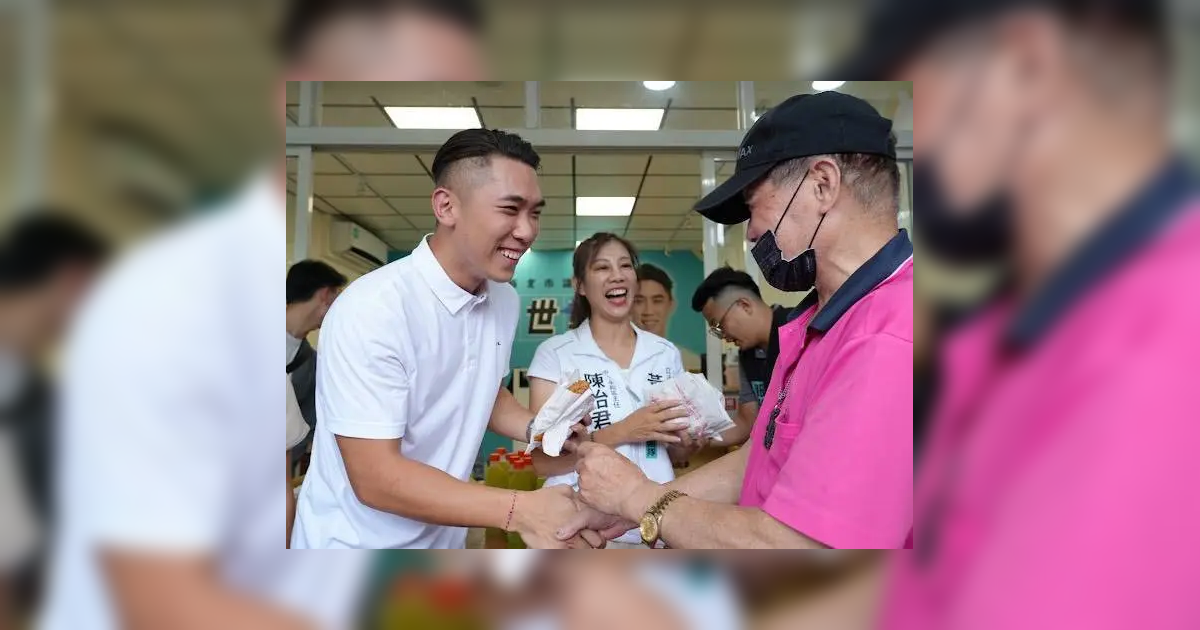New Taipei City, Taiwan — July 27, 2025 —
All 25 recall efforts in Taiwan’s first wave of voting were unsuccessful, sparking celebration among some politicians and calls for greater political cooperation. People’s Party New Taipei City Councillor Chen Shixuan marked the occasion by distributing 800 servings of chicken chops and sugarcane juice to constituents outside his service center, using the event to promote unity and urge President Lai Ching-te to bridge the political divide through a national affairs conference.
Chen, a prominent member of the Taiwan People’s Party, emphasized that the mass turnout at his distribution event — where people began queuing as early as 10:00 a.m. — reflected the public’s desire for both political stability and meaningful dialogue.
“This event wasn’t just about food,” Chen explained. “It’s a symbol of putting aside past grievances. I hope everyone can enjoy a good meal and let go of hatred.”
He distributed 200 chicken chops, 320 sugarcane drinks, along with extra popsicles and beverages to help citizens beat the heat. The event drew a large crowd and, according to Chen, served as a reminder to the ruling government about the mood of the people.
Chen interpreted the outcome of the July 26 recall vote — in which high-profile figures like KMT legislator and Hsinchu Mayor Kao Hung survived challenges — as a strong message to the administration of President Lai.
He pointed to key national issues such as tariff policies, nuclear energy debates, and the planned distribution of NT$10,000 in universal cash payments as matters requiring urgent, inclusive discussion.
“I sincerely call on President Lai to adopt an open mind and initiate a national affairs meeting,” Chen said. “Only by listening to the opposition face-to-face and seeking consensus can we find the right path forward for the people.”
Looking ahead to the 2026 local elections, Chen addressed speculation about potential cooperation between the Kuomintang (KMT) and the Taiwan People’s Party (TPP). He noted that forming a joint caucus in New Taipei City aligns with TPP Chairman Huang Kuo-chang’s goals and hinted at deeper collaboration in addressing key legislative challenges.
“The blue and white camps must come together to tackle pressing issues like tariffs and nuclear policy in the Legislative Yuan. That’s our shared direction,” he stated.
When asked about the possibility of Huang Kuo-chang running for New Taipei mayor, Chen acknowledged Huang’s extensive work in the region, describing him as a non-district lawmaker who has been consistently engaged in local governance.
“The efforts of Chairman Huang are visible to everyone. The recent recall experience doesn’t just help the KMT — it supports the restoration of order and normalcy for all Taiwanese people,” he said.
As political tensions simmer and new electoral battles loom, Chen’s call for cooperation and reconciliation underscores the challenges and opportunities Taiwan’s democracy faces moving forward.



